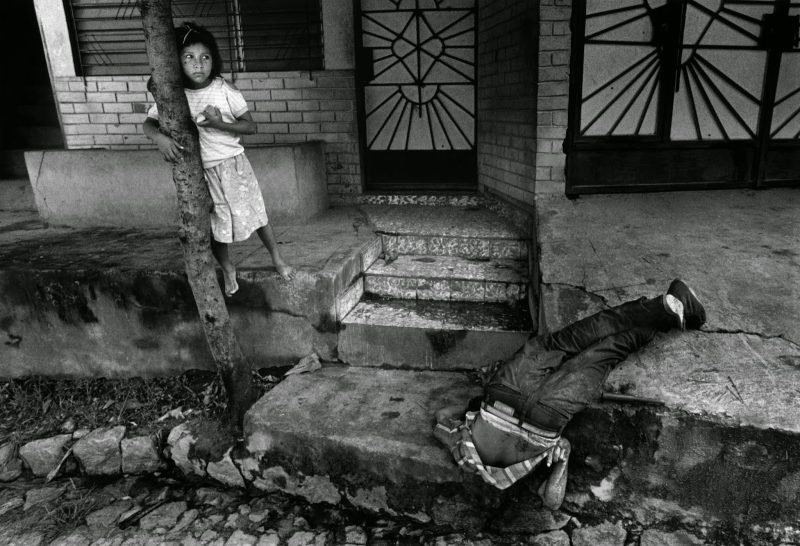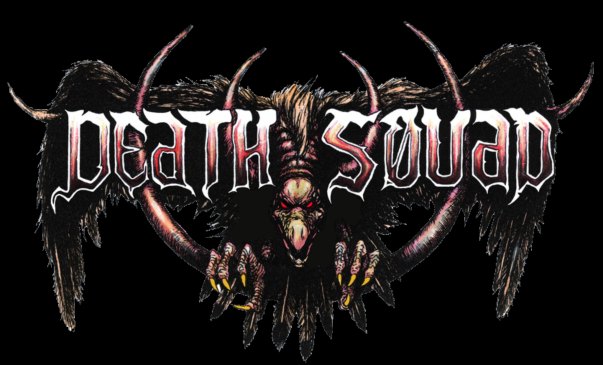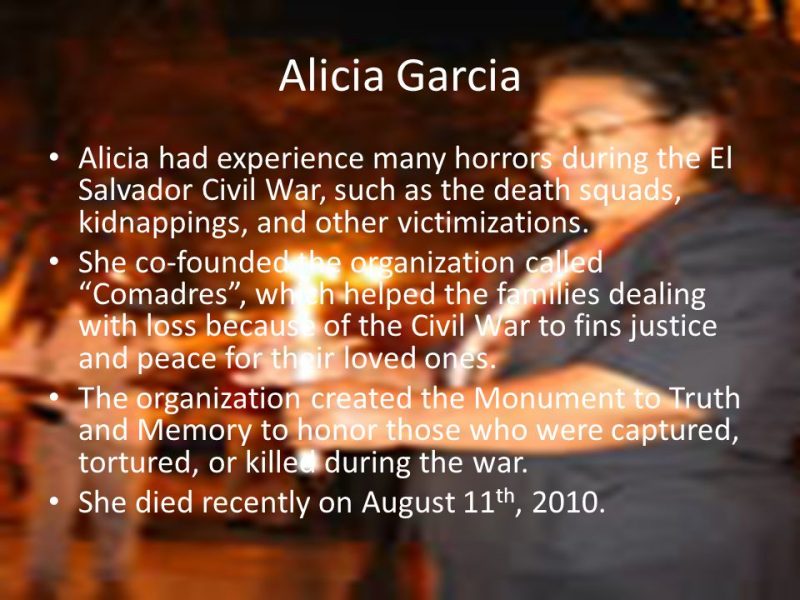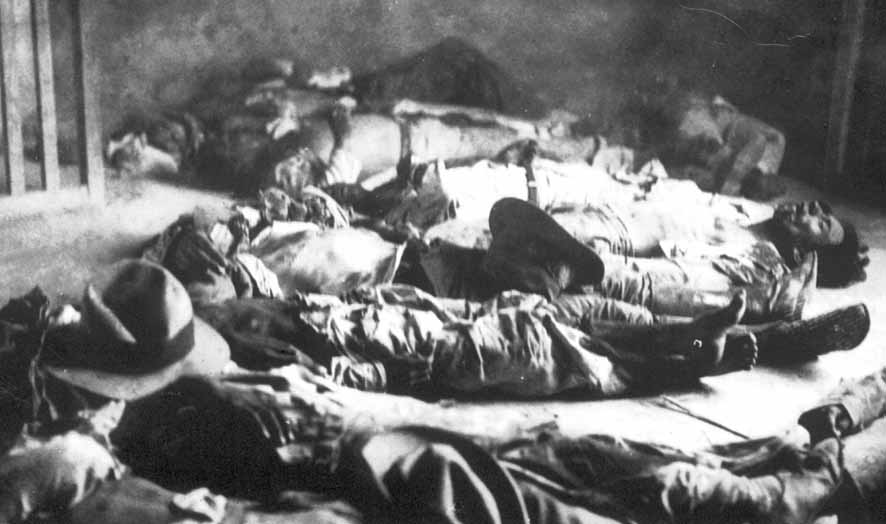
The United States has been quietly funding and equipping elite paramilitary police units in El Salvador accused of extrajudicially murdering suspected gang members, according to a forthcoming United Nations report reviewed in advance by CNN.
Beginning with George W. Bush in 2003, successive US administrations have provided tens of millions of dollars in aid for Salvadoran military and police in support of the government’s “Mano Dura” (“Firm Hand”) security program, an aggressive campaign to combat out-of-control gang violence in a country with one of the world’s highest homicide rates.
“Mano Dura” aid increased significantly during the Obama administration, which compared the effort to Plan Colombia, the decades-long anti-drug campaign in which billions of US aid dollars funded mafia-like army units that, along with allied paramilitary death squads, kidnapped, tortured and murdered thousands of innocent civilians with impunity.
As was the case with Plan Colombia, the new UN report will accuse Salvadoran security forces, in this case some of its elite police units, of “a pattern of behavior by security personnel amounting to extrajudicial executions” and a “cycle of impunity” in which such killings go unpunished.
One police unit, the Special Reaction Forces (FES), killed 43 suspected gang members during the first half of 2017, according to the UN report. While FES officers were executing suspects in the streets, the US government continued to fund and equip the unit. Washington’s total assistance increased from $67.9 million in 2016 to $72.7 million last year. The deportation of members of MS-13 – formed in Los Angeles by young Salvadoran refugees fleeing civil war in a homeland ruled by a US-backed military dictatorship – and other gangs has further exacerbated the crisis.
A spokesman for the US Embassy in San Salvador assured CNN that “the US government takes allegations of extrajudicial killings extremely seriously,” that it has “consistently expressed concerns” regarding human rights abuses and that it heavily vets units receiving aid. These assurances ring hollow to many Salvadorans who recall how the Ronald Reagan administration covered up horrific human rights violations in order to keep military aid flowing to the anti-communist military regime during the 1980s civil war.
That aid, which included forming, training, funding and arming military death squads, began during the Carter administration and dramatically increased under Reagan. Officers, troops and police were trained in kidnapping, torture, assassination and democracy suppression at the US Army School of the Americas (SOA), also known as the School of Coups and School of Assassins because it produced so many of both.

SOA graduates and other US-backed Salvadoran security forces planned, ordered and committed the most heinous atrocities of the 12-year civil war, including the kidnapping, torture, rape and murder of four American nuns and church volunteers in 1980, the assassination of the country’s beloved Catholic archbishop, Oscar Romero, that same year and the massacre of six Jesuit priests, their housekeeper and her daughter in 1989. After the four churchwomen were slain, the Reagan administration undertook a shameful effort to place blame on the victims.
The most notorious Salvadoran army unit, the Atlacatl Battalion, was created in 1980 at the SOA and hailed as “the pride of the United States military team in El Salvador.” As a rite of passage its new troops collected roadkill carcasses – “dogs, vultures, anything,” according to one former member – and boiled them into a soup they all drank. Atlacatl Battalion’s human victims fared even worse than the dead animals its recruits consumed. The unit committed countless massacres, including the slaughter of 117 men, women and children at Lake Suchitlan in 1983 and the mass murder of 68 civilians, many of them children, at Los Llanitos the following year.
But even these massacres paled in comparison to Atlacatl’s deadliest crime, the wholesale slaughter of more than 900 villagers, mostly women, children and the elderly, at El Mozote on December 11, 1981. There, soldiers shot, stabbed, hacked, smashed, and hung helpless villagers to death. They gang-raped women and girls before killing them. They skewered babies on bayonets. They dropped large rocks on the bellies of pregnant women. When the raping and murdering finished, they burned El Mozote to the ground, reducing the village to what one witness called “a moving black carpet” of scavenging vultures, flies and dogs feasting on the victims.
The day after El Mozote made front page headlines in the US, President Reagan officially certified that El Salvador was “making a concerted and significant effort to comply with internationally recognized human rights,” and was working to “bring an end to the indiscriminate torture and murder of Salvadoran citizens.” Meanwhile, Elliott Abrams, then a State Department human rights official who was later convicted in the Iran-Contra scandal before serving as a special assistant to President George W. Bush, helped lead an effort to deny the El Mozote massacre ever happened.

US aid to El Salvador was doubled, and heinous atrocities continued through the end of the civil war.
It wasn’t just El Salvador. The United States also supported or covered up death squad activity throughout Central and South America in the 1970s and ‘80s. In Guatemala, it backed right-wing military dictators including Efraín Ríos Montt, who recently died facing genocide charges, as well as brutal death squads like the army’s elite Kaibiles unit, which tortured, raped and murdered more than 200 villagers at Dos Erres in December, 1982.
In Honduras, Reagan’s ambassador, John Negroponte, supervised the creation of the notorious Battalion 316, which was tasked with eliminating students, academics, labor unionists, clergy, journalists, indigenous rights activists and others deemed a threat to the dictatorship. Negroponte also played a key role in supporting the US-backed Contra army as it waged a terrorist war against the people of Nicaragua.
It also wasn’t just in the past. After a 2009 military coup deposed the progressive Honduran president José Manuel Zelaya, Obama and his secretary of state Hillary Clinton backed the repressive right-wing regime even as reports of its brutality, which included forced disappearances, torture and extrajudicial executions of opponents, were revealed. Despite the assassination of high-profile critics including the environmental activist Berta Cáceres, the Obama administration lavished the Honduran coup regime and its murderous security forces with tens of millions of dollars in military and other assistance.
The United States has long operated or supported death squads, from the CIA’s Phoenix Program in Vietnam (40,000 killed) through the implementation of the “Salvador option” during the recent invasion and occupation of Iraq. The latter effort was run by Col. James Steele, a decorated veteran of Central America’s dirty wars, including a stint training Salvadoran death squad units during the civil war. Unsurprisingly, secret prisons, torture and extrajudicial killings became commonplace throughout occupied Iraq.
It now appears that the “Salvador option” has made its way back home from halfway around the world, further terrorizing guilty and innocent alike in what was already one of the most frightful corners of the planet.

Brett Wilkins is editor-at-large for US news at Digital Journal. Based in San Francisco, his work covers issues of social justice, human rights and war and peace.
This originally appeared at CounterPunch.
The 21st Century
